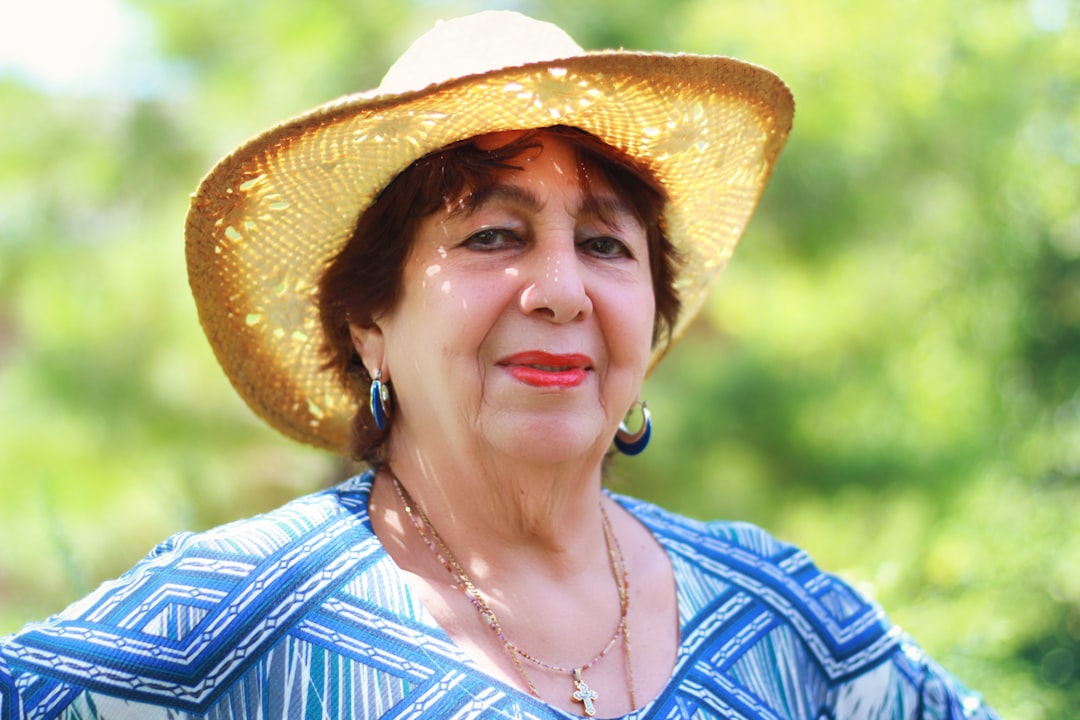What is it about?
Although Lebanon’s North, home of Tripoli, the largest city in the region and the second-largest city in the country, has a controversial reputation for being a hub for extremism, it is actually an example of religious richness and greatly reflects the religious diversity in Lebanon. Nevertheless, even after the country had been enjoying since 2014 a relatively calmer internal security compared to the previous decade, the region repeatedly witnessed interreligious conflicts motivated by speech beyond the limits of freedom of expression and even translated into hate speech. To dissolve tensions and resolve conflicts, interreligious dialogue was used as a tool to encourage upholding freedom of expression and to protect groups from hate speech. The Sustainable Network of Religious Leaders in the North was thus founded, believing in the impact of interreligious dialogue, and these leaders initiated dialogue for influencing freedom of expression and overcoming hate speech in the region. The purpose of this article is to analyze the role of religious leaders in promoting the widespread recognition of true freedom of speech or even in oppressing it in favour of hate speech. It sheds light on internationally-recognized limits of freedom of expression and their translation to hate speech, the role of the latter in interreligious conflicts, the impact of interreligious dialogue on freedom of expression and hate speech, and the importance of religious leaders in such tensions and dialogue. The article highlights that religious leaders can impact freedom of expression, both, negatively and positively, and that it is only through interreligious dialogue that they can influence society towards tolerant speech.
Featured Image

Photo by Roland Larsson on Unsplash
Why is it important?
In the recent debates about freedom of expression and sectarianism in Lebanon, the role of religious leaders in freedom of expression and in protecting that right has not been exhausted, although much has been discussed about the importance of this right and its protection, and about the influence of religion and religious leaders in everyday life. Through the gathering of primary and secondary data, this research aims at contributing to an improved understanding of the role of religious leaders in particular aspects of societies and improved empirical analysis of their impact.
Perspectives
Writing this article was a great pleasure as it has a co-author for whom I have had long standing respect and admiration. I hope this article makes what people might think is a slightly abstract area like human rights and interreligious dialogue interesting, because freedom of expression is not just a problem for some communities - it is an issue that touches every single human being on this planet. More than anything else, and if nothing else, I hope you find this article thought-provoking.
Stephanie Abboud
Notre Dame University Louaize
Read the Original
This page is a summary of: Human Rights and Interreligious Dialogue: The Role of Religious Leaders in Freedom of Expression—The Case of the North of Lebanon since 2014, Religion and Human Rights, March 2022, Brill,
DOI: 10.1163/18710328-bja10024.
You can read the full text:
Contributors
The following have contributed to this page










